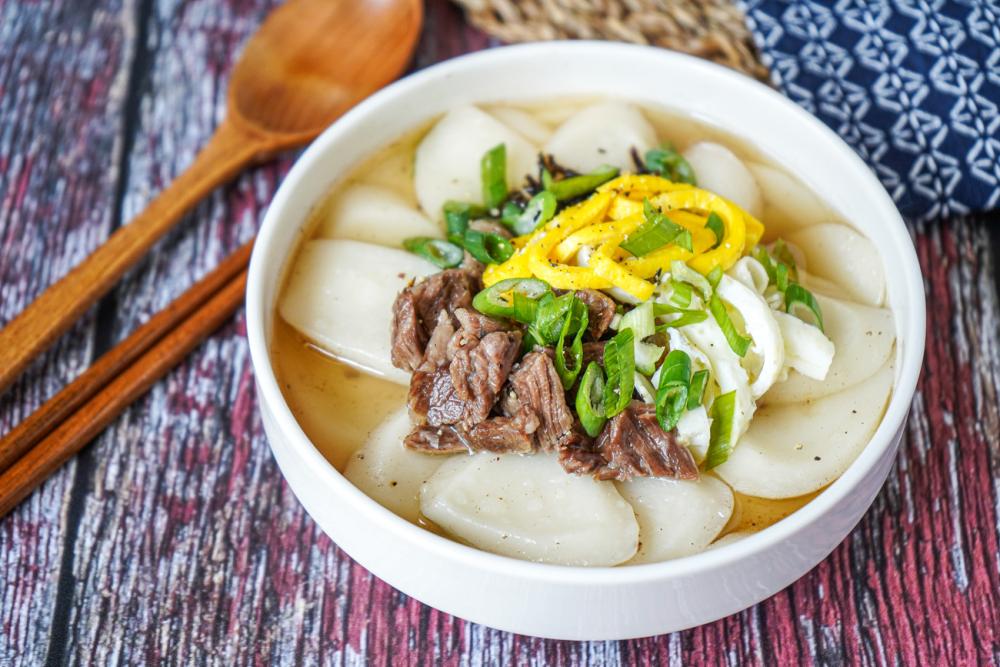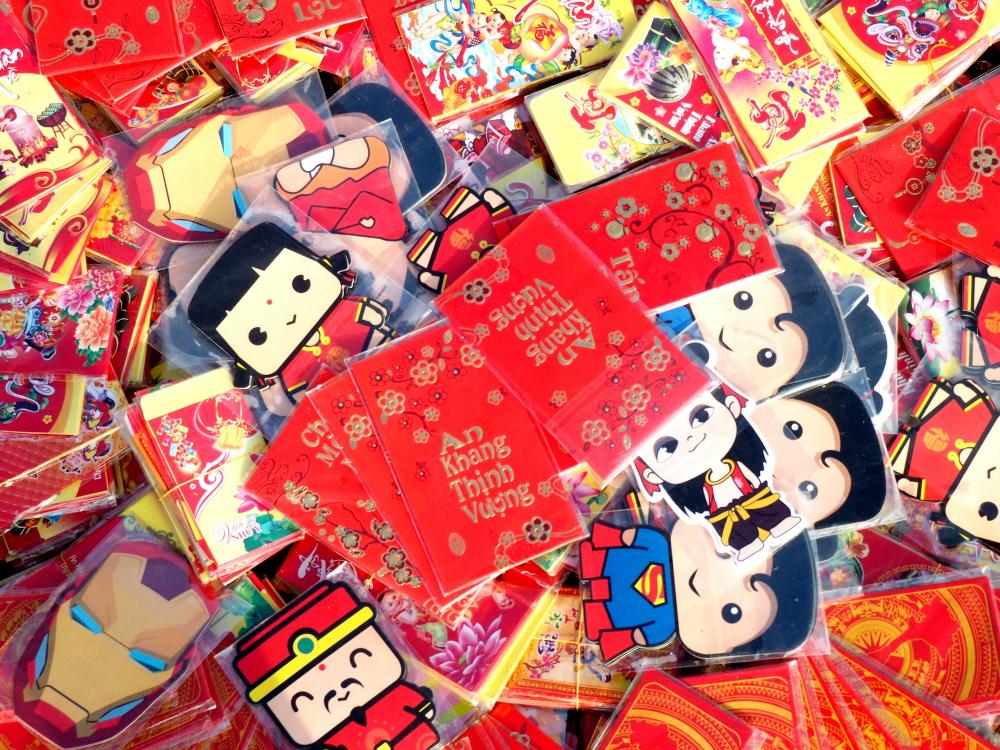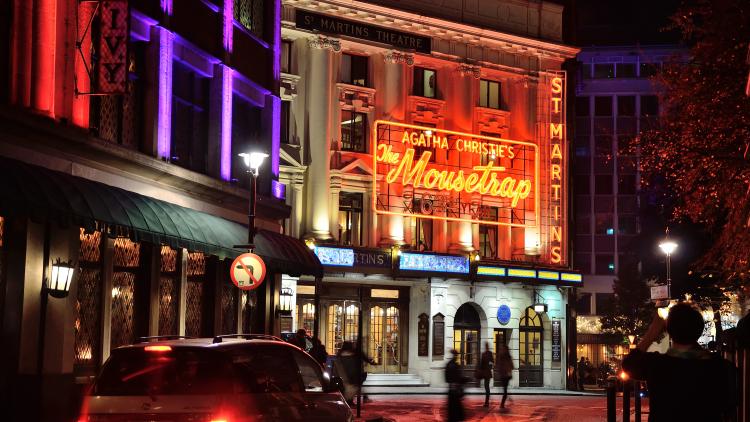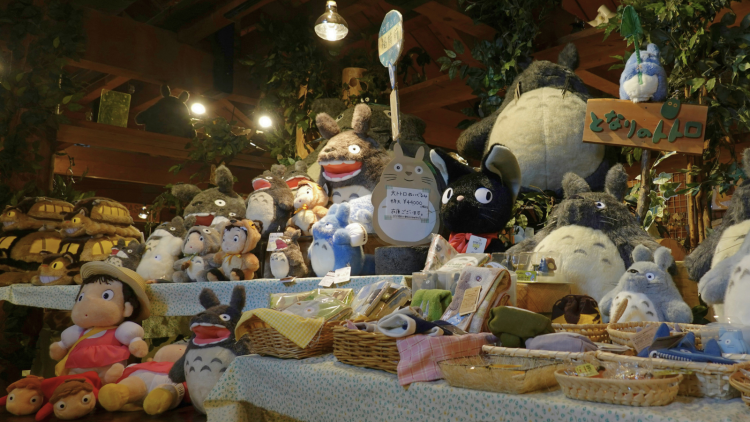Lunar New Year: How SOAS students celebrate and how you can get involved
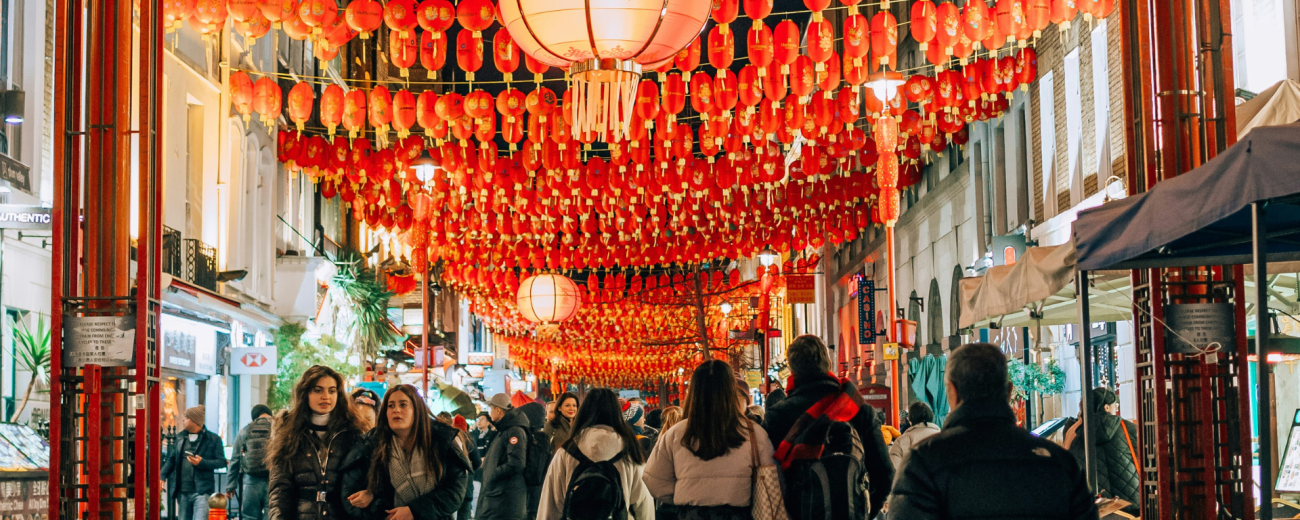

Find out how SOAS students from different cultures celebrate the Lunar New Year as they share their customs and traditions. Plus, discover ways to celebrate in London this year.
‘Lunar New Year’ is a general term that describes all celebrations that mark the beginning of the new year according to the lunar or lunisolar calendar. Different cultures and languages have different names for this, which refer to the specific celebrations in that culture, such as Tết in Vietnam and Chūnjié (meaning ‘Spring Festival’) in China.
For most cultures, the Lunar New Year in 2024 is commemorated from 10 February (Solar/Gregorian date) until 24 February. Various cultures celebrate this period, each with unique traditions surrounding the festivities. While there are more cultures that celebrate than the ones listed here, this blog post seeks to share some of the ways in which SOAS students celebrate this season. Read until the end to get some ideas on how you can take part in the festivities in London this year!
The best part occurs at midnight, as families ignite fireworks, a custom rooted in history to ward off the symbolic New Year's ‘年’ (‘nián’) beast, ensuring a year of peace.
How SOAS students from different cultures celebrate
“In my family, Chinese New Year starts with a big reunion dinner on New Year's Eve, followed by a collective viewing of the Spring Festival Gala - a cherished tradition. The best part occurs at midnight, as families ignite fireworks, a custom rooted in history to ward off the symbolic New Year's ‘年’ (‘nián’) beast, ensuring a year of peace. After that, elders present us, the younger generation, with ‘压岁钱’ (‘yā suì qián’ - lucky money), a gesture aimed at suppressing evil spirits and ensuring a tranquil and secure New Year celebration.” Lesley Qian, Chinese, BSc Politics, Philosophy and Economics (second year).
“We, Koreans, call Lunar New Year ‘Seollal’. It is our custom to gather all the family and relatives during Lunar New Year. The children do ‘Sabae’ (the New Year‘s bow) to parents and grandparents as a wish for good health and longevity. They give some money to the children as a gift to wish for their wellbeing and happiness. We also eat ‘Tteokguk’, a traditional dish for this day, which signifies getting one year older. I haven’t had it for years as I’m in the UK. I’m not good at cooking so I don’t really cook it here but I miss it so badly.” Jihyo Kim, Korean, BA International Relations and Japanese Studies (third year).
"My extended family is spread out across Thailand, so it's difficult to have reunions for Lunar New Year, but when I was young, we would try to gather as much of the family as we can anyways. The adults would give the kids red packets after teaching them how to say the celebratory greeting 'ซินเจียยู่อี่ ซินนี่ฮวดใช้อั่งเปาตั่วๆไก๊' (‘Xin Jia Yu Ei, Xin Ni Huad Chai’).” Aether Li, Thai-Chinese, BA Politics and International Relations (second year).
“My siblings and I get hong baos (red packets with money inside) from our older relatives. We also have a big family dinner with yu sheng (a kind of raw fish and shredded vegetable salad) which we toss with big chopsticks and say celebratory Chinese New Year phrases in Chinese like ‘新年快乐’ (‘xīn nián kuài lè’), ‘万事如意’ (‘wàn shì rú yì’), and ‘身体健康’ (‘shēn tǐ jiàn kānɡ’). Also, we wear red on CNY Day.” Michael Buchanan, half-British Singaporean, BA International Relations and Japanese (first year).
I still remember getting to pack bánh trưng (sticky rice cake) as a kid, sitting next to the bonfire as the big pot cooks for hours and hours while we sing and gamble (with snack money our parents gave us) to pass the time.
“Lunar New Year is an important festival for us in Hong Kong. Before the new year, on the 28th day of the 12th Lunar Month, we clean the house. This represents ‘sweeping’ all the unlucky stuff from our home to prepare for the new year. During the Lunar New Year period, we visit different relatives’ homes, and all the children get a red packet as a blessing. There is a candy tray in everyone’s house that contains candies, melon seeds, pistachios, etc. Rice cake and turnip cake are some of the foods that we enjoy during the festival as it means good fortune to us. It is the best time of the year to meet all your family and relatives and spend time together.” Yiu Lam Tsoi, Hong Konger, third-year exchange student.
“I still remember getting to pack bánh trưng (sticky rice cake) as a kid, sitting next to the bonfire as the big pot cooks for hours and hours while we sing and gamble (with snack money our parents gave us) to pass the time. Now that I’m in the UK, I can only do so much; I’m too lazy to wrap and cook bánh trưng myself, so my friends and I get a pre-made one from the shop and boil it with some lime to get it super green. We then do a little potluck - it’s a New Year’s meal that’s so scuffed that it feels like home.” Emi Nguyen, Vietnamese, BA Social Anthropology (second year).
How you can get involved in London
As someone who does not come from a culture that traditionally celebrates the Lunar New Year, there is still a lot I do not know and have not experienced. However, each year I learn more about this period and the diverse ways in which it is celebrated, through the friends and people around me. As a SOAS student, I now have more opportunities to get involved in the festivities, as the university, societies, and other organisations in London arrange various events:
- SOAS Hong Kong Society Lunar New Year Film Screening and Dinner – 8 February
Watch the film ‘Fight Back To School III’, and enjoy a meal at Orient London in Chinatown with the SOAS Hong Kong Society! While the film screening does not require sign-up, the dinner does so book your spot. - Korean New Year Celebration by Dear Asia – 8 February
The Dear Asia organisation is offering a Seollal experience in London, including the opportunity to wear a Hanbok! - Lunar New Year Celebration at SOAS – 9 February
Celebrate at SOAS on New Year’s Eve and watch a variety of performances organised by some of the cultural student societies. - Go to a Chinese hotpot restaurant (or cook your own!)
There are many restaurants in London where you can have a Chinese hotpot, especially around Chinatown. During the Lunar New Year period, the restaurants get very busy, so make sure you reserve a table beforehand. - 2024 Chinese New Year festival in central London – 11 February
This year’s festival, organised by the London Chinatown Chinese Association (LCCA), is taking place on the second day of Lunar New Year celebrations. There will be a parade, various performances and more. - Lunar New Year Celebrations at SOAS with Cheng Yu and Beibei Wang – 15 February
To welcome the Year of the Dragon, enjoy listening to the sounds of traditional Chinese instruments at a SOAS concert.
Last year, I enjoyed the performances hosted by the Chinese Culture Society, and I am looking forward to this year’s Lunar New Year Celebration at SOAS. There are a lot of opportunities at SOAS and in London to take part in the celebrations, so if this sounds like something you would enjoy, I encourage you to get involved!
Header image credit: Yoav Aziz via Unsplash.
About the author
Masami Iliffe is a SOAS Digital Ambassador, pursuing an undergraduate degree in East Asian Studies. Her interests include learning about cultures from across the world, listening to and finding new music, and most of all, dancing!
